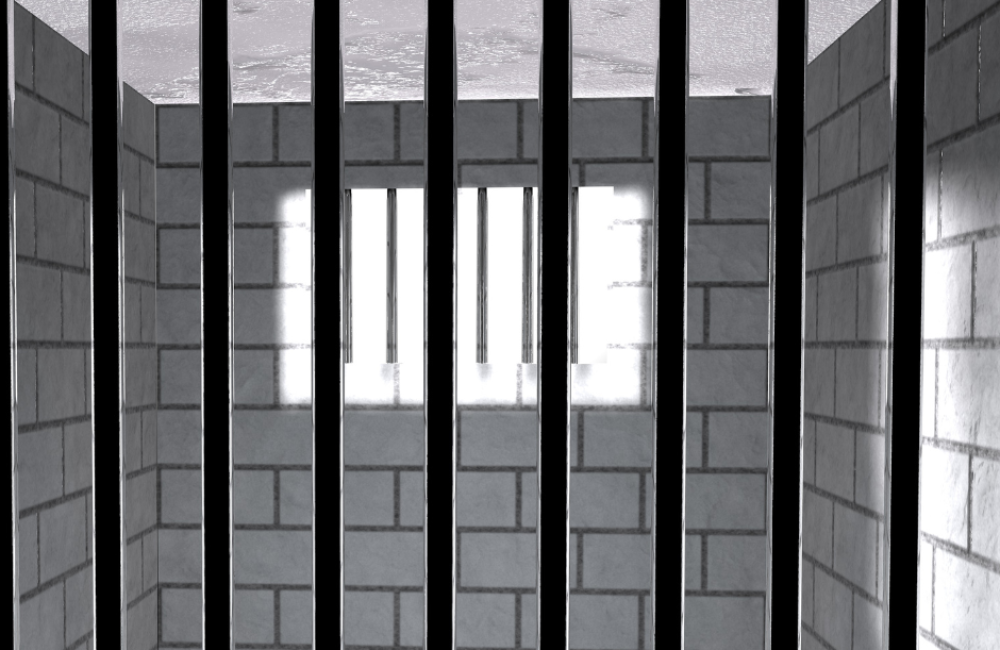
A major prisoner exchange between Russia and the west is under way today involving at least four journalists: Alsu Kurmasheva, Evan Gershkovich, Vladimir Kara-Murza and Pablo Gonzalez. The European and International Federations of Journalists (EFJ-IFJ) welcomes their release, condemns hostage-taking tactics and calls on Russia, Belarus, Azerbaijan and Turkey to free the 137 other journalists currently behind bars in Europe.
According to the Turkish authorities, 26 people from prisons in seven different countries were exchanged in Ankara, under the coordination of the Turkish National Intelligence Agency (MIT). The prisoners are from the US, Germany, Poland, Slovenia, Norway, Russia, and Belarus. Ten people, including two minors, were relocated to Russia, 13 prisoners to Germany, and three to the US.
Wall Street Journal reporter Evan Gershkovich, US-Russian journalist Alsu Kurmasheva, and Russian activist and journalist Vladimir Kara-Murza are among those released, as well as Russian-Spanish journalist Pablo Gonzalez, who spent two and a half years in pre-trial detention in Poland.
This is set to be one of the largest prisoner exchanges between the West and Russia since the end of the Cold War in 1991.
The EFJ welcomes the release of journalists Alsu Kurmasheva, Evan Gershkovich, Vladimir Kara-Murza and Pablo Gonzalez. But we regret the fact that there are still 137 journalists in prison in Europe: 57 in Russia and occupied Ukraine, 39 in Belarus, 23 in Azerbaijan and 18 in Turkey.
“This exchange not only gives freedom to those who were wrongly imprisoned or who were languishing in prison awaiting a fair trial. It also highlights the success of diplomatic negotiations that contribute to respect for human rights,” said EFJ General Secretary Ricardo Gutiérrez. “We condemn hostage-taking tactics and we strongly call on the authorities in Russia, Belarus, Azerbaijan and Turkey to release the dozens of journalists still behind bars in these four countries”.
IFJ General Secretary Anthony Bellanger said: “We are truly relieved by the release of our colleagues after months, and in some cases years, in detention, during which the IFJ has been campaigning for their freedom. At the same time, we strongly condemn the Kremlin’s hostage-taking tactics involving journalists for political ends. Journalism is not a crime and journalists must be allowed to do their job without fear of repression”.
The president of the Federation of Spanish Journalists’ Associations (FAPE), Miguel Angel Noceda, expressed “the enormous satisfaction of FAPE (…), since Pablo Gonzalez’s personal situation was clearly inhuman, with long periods of family isolation and prison solitary confinement. There was no charge against him and no trial date, which is intolerable in an European Union member state”.
“We, in the FeSP, welcome the release of Pablo Gonzalez because, without going into whether he is innocent or guilty of any crime, the inhuman conditions in which he has been imprisoned for 29 months should not be tolerated in a country that is part of the European Union,” said FeSP General Secretary, Agustín Yanel.
Source: EFJ